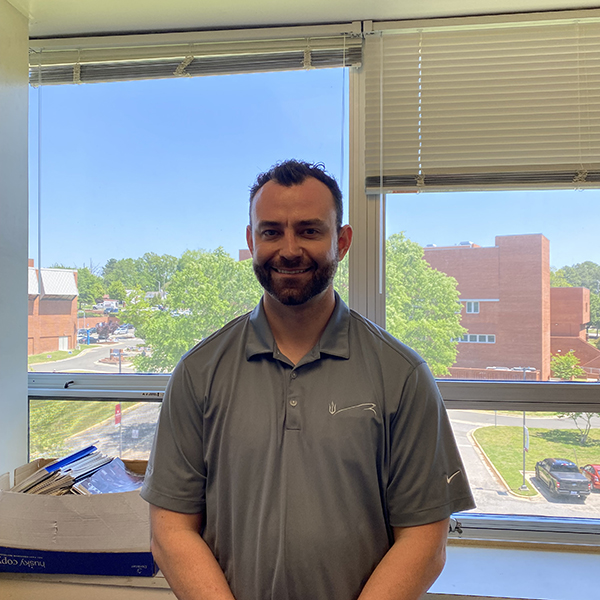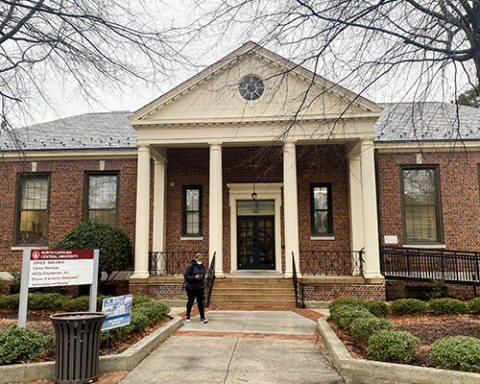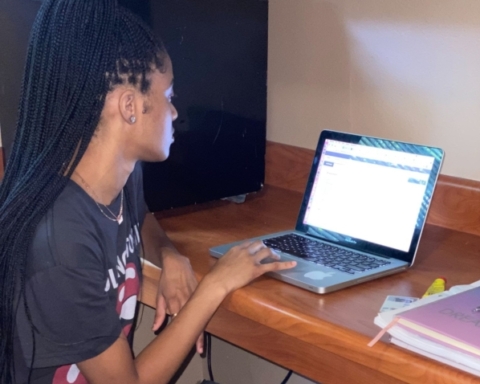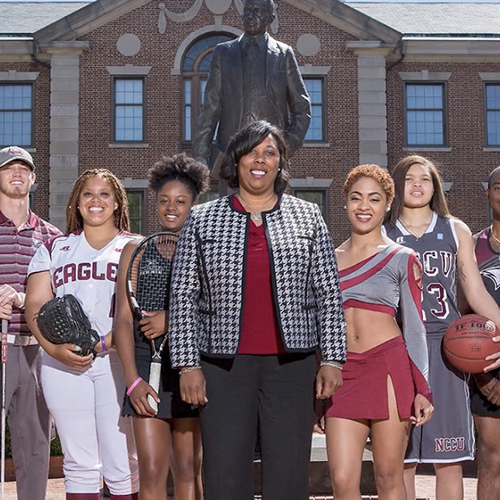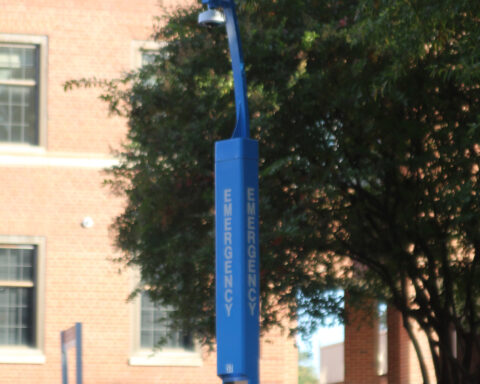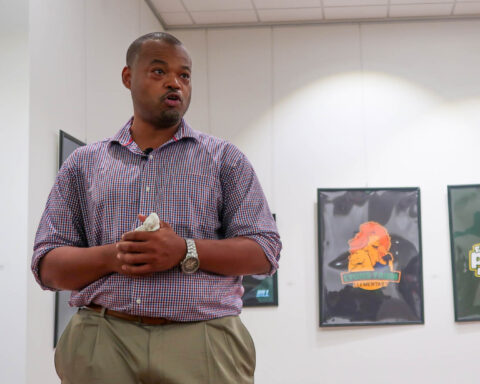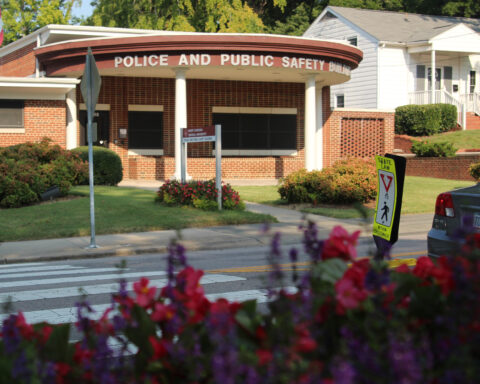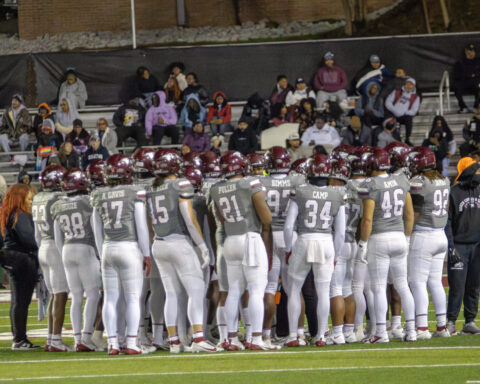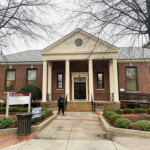It may surprise some that barbershops and beauty salons somehow statistically reduce crime rates along the streets they serve. That’s the question that intrigued Boehme, so he gathered a team to explore the relationship between the presence of barbershops and beauty saloons and the reduction of crime.
Hunter Boehme, N.C Central Criminal Justice assistant professor, wrote his dissertation on the geospatial distribution of crime. Continuing the research Boehme and his team did a study in Durham, and Columbia, South Carolina on the impact barbershop and beauty salons have on the criminal rate in Black communities.
“I controlled for a bunch of variables and I looked at different parts of the city. I looked at predominantly white, predominantly black parts of the city and I found that the relationship remained,” Boehme said.
During his study, Boehme interviewed 13 owners and workers of various shops and salons to come up with his findings. Four main factors were established that barbershops and beauty salons brought to their communities.
Owners of barbershops and beauty salons are direct crime interrupters, community anchors, and life coaches. They even help build resiliency during the Covid epidemic, according to Boehme.
Boehme tells the story about how one specific owner stopped an altercation between two men before it escalated into a gun accident. The barbershop owner, said Boehme, calmed down one individual headed for this gun by telling him that his son was in the barbershop.
“The man drove away and left. The next day he came back in another state of mind and got his haircut,” Boehme said. “ Sometimes they might come for a haircut, but in reality, they just want to vent; they just want to get things off their chest,” he added.
These owners play advocacy for the community to give them a place to come and express their issues. Sometimes this leads to community events hosted by the barbershops and beauty salons to assist.
“Another participant I interviewed from Durham. She helped move women from domestic violence situations out of their house,” Boehme said.
It’s no surprise to African Americans that barbershops and beauty salons are valuable cultural institutions to the black communities they serve. Films, such as Beauty Shop (2005), directed by Bille Woodruff, and Barbershop (2002) directed by Tim Story, are testaments to the significance of these businesses to their communities.
“If you haven’t seen Barbershop, then you need to,” Boehme said. “The whole vibe and the culture, and what it means to the community is real,” he added.
His primary goal is to continue the expansion of knowledge about the advocacy that these shops and salons have.
“Getting this information in the right people’s hands is the priority and I think us people here in academia don’t do a good job of promoting their work or getting it to the right people,” Boehme said.
“The best thing to do is perhaps give it back to some of my colleagues, who can then disseminate it throughout the community,” he added.

